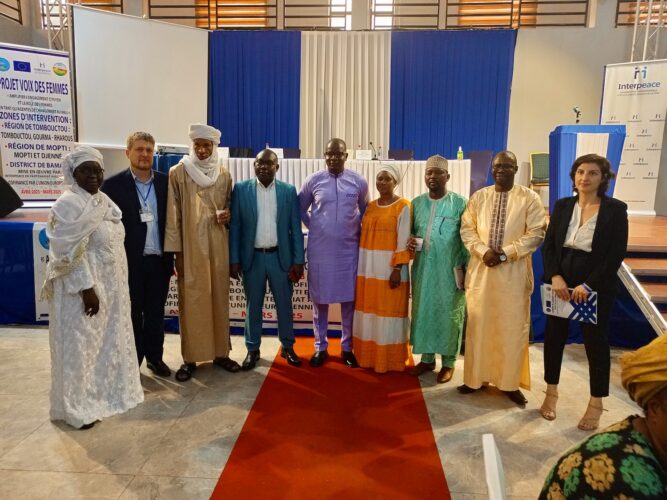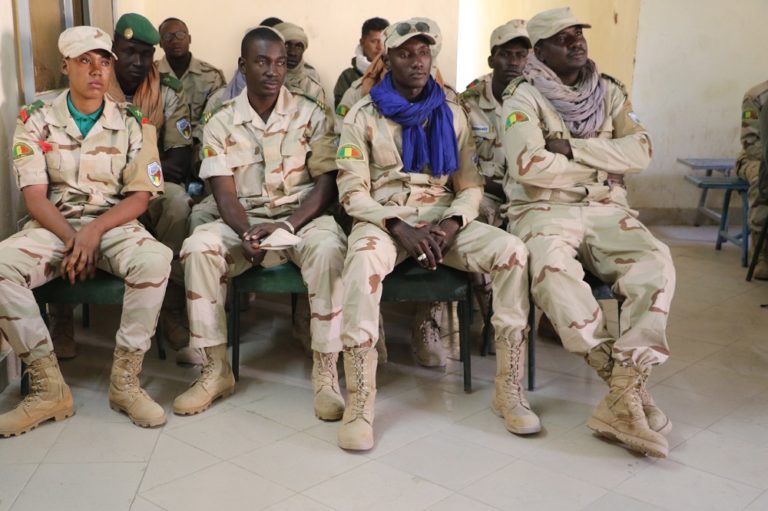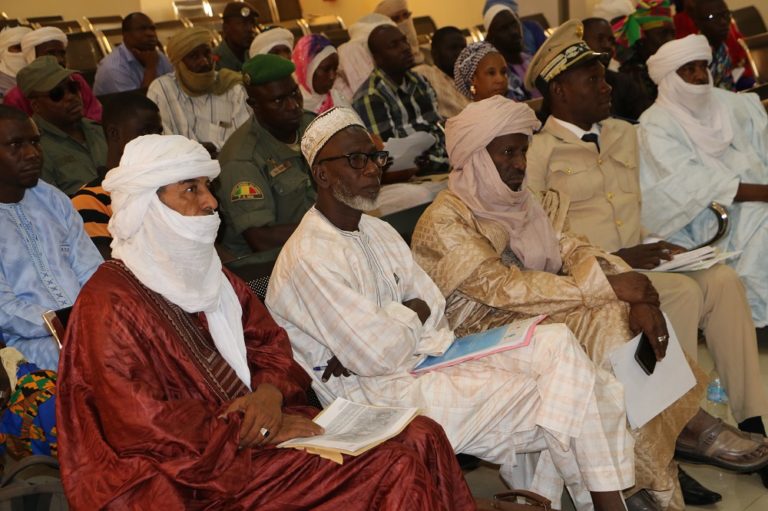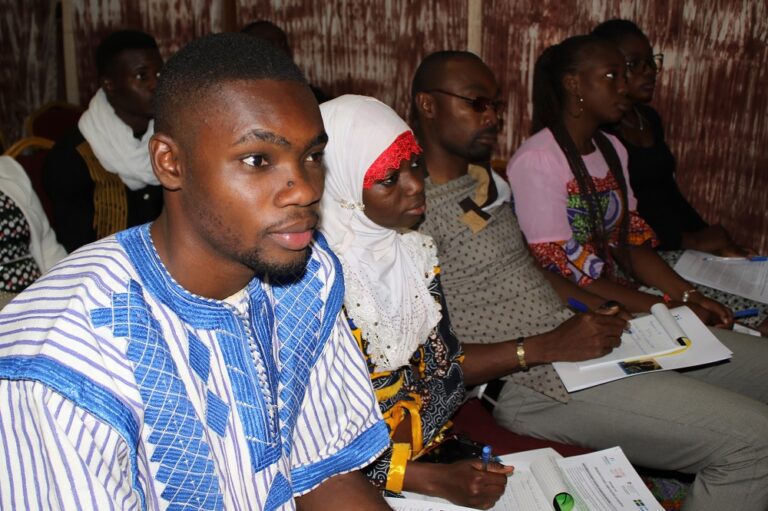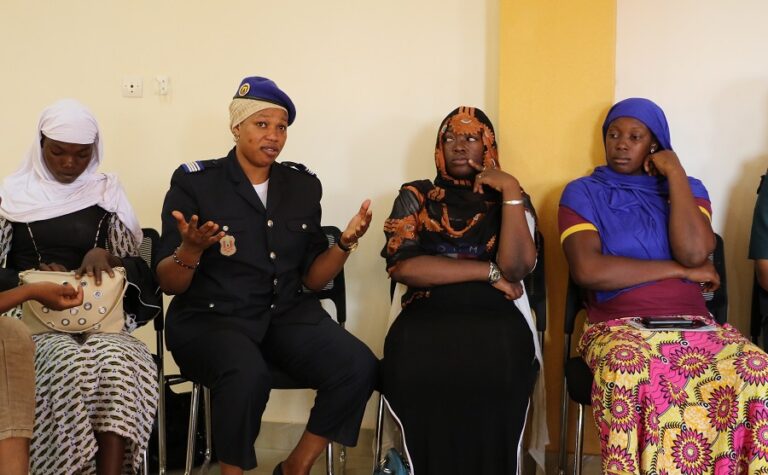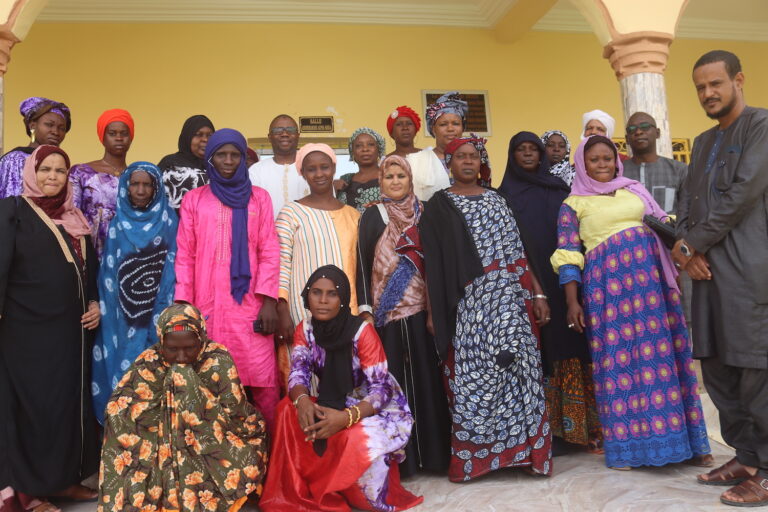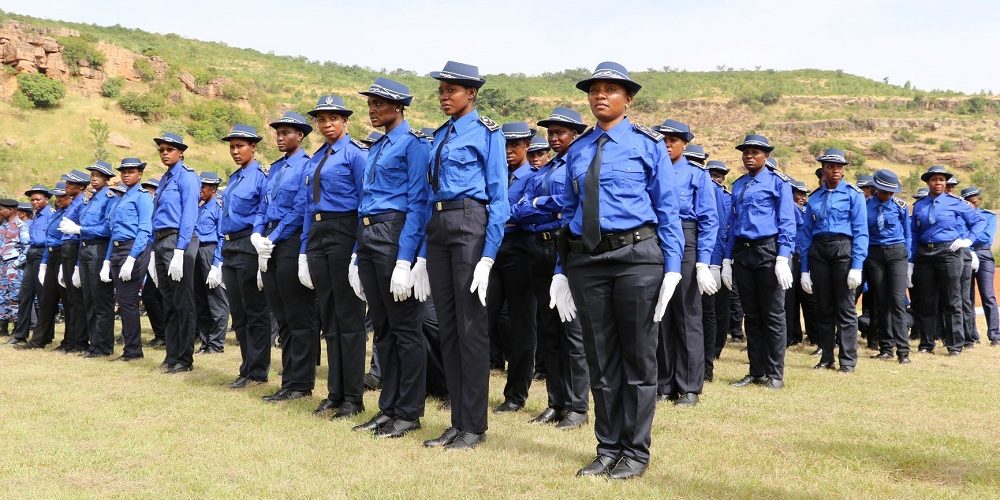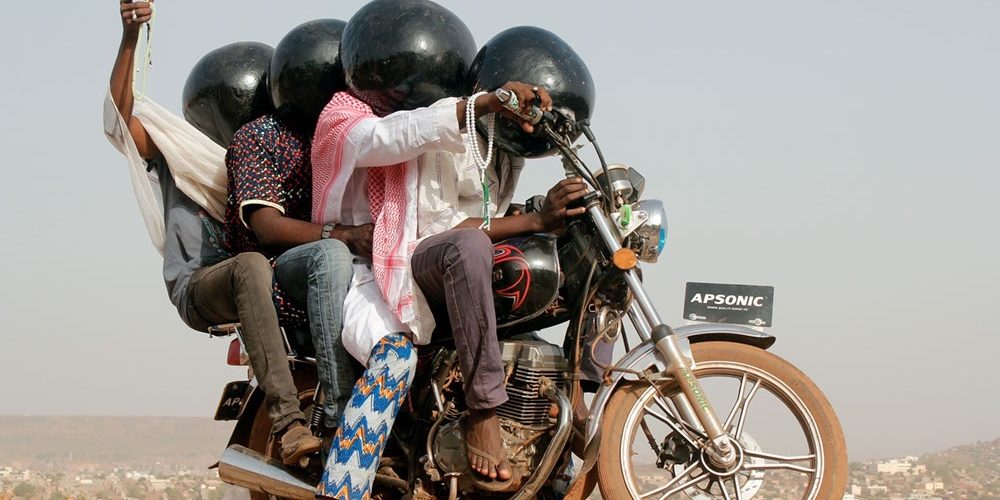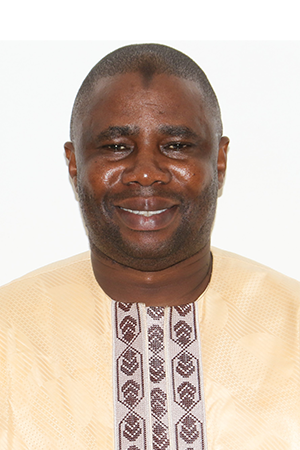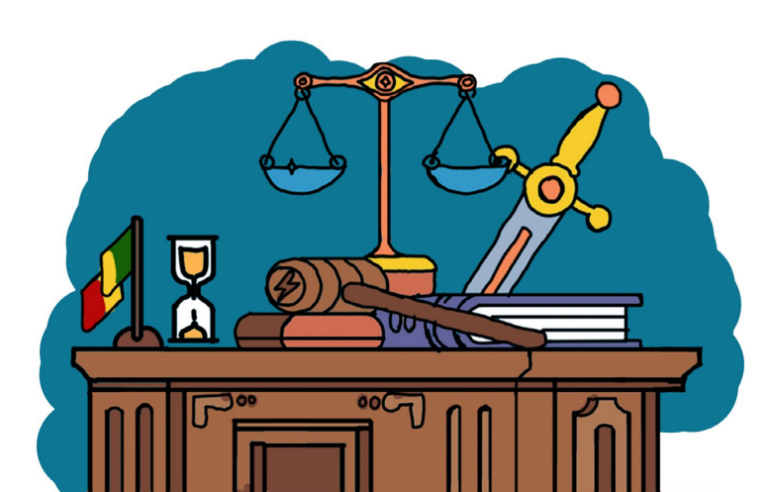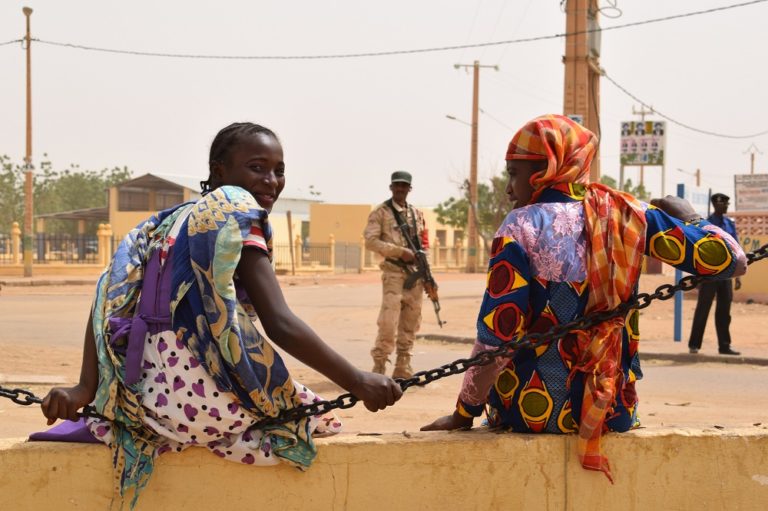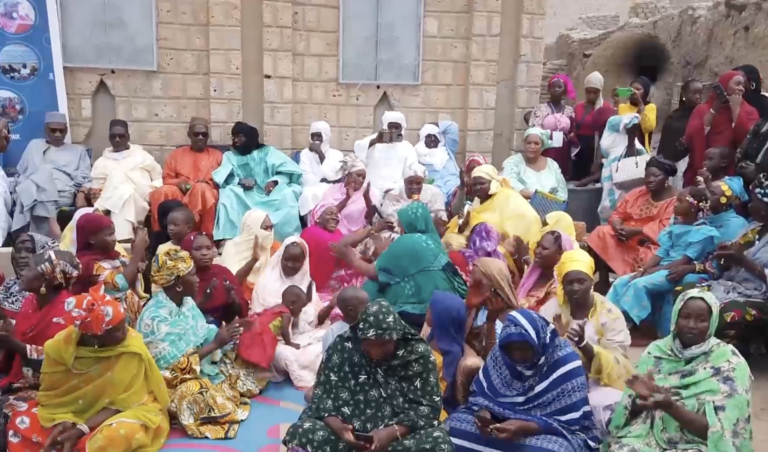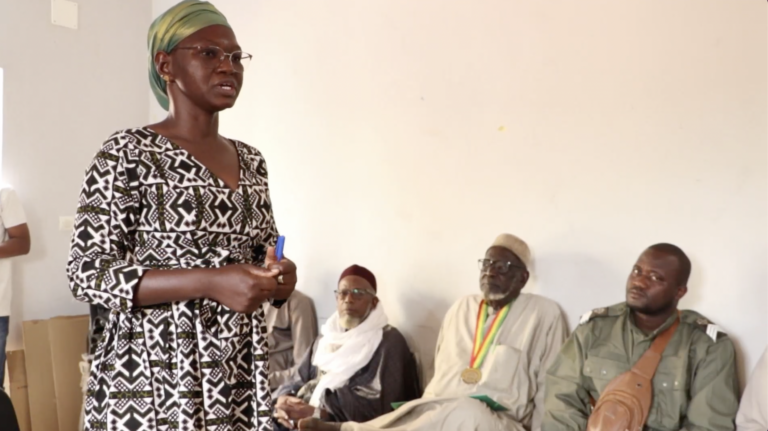At the beginning of 2012, Mali experienced an unprecedented political and security crisis. Since then, some steps have been taken to stabilize the country and restore peace, most notably through the signature of the 2015 Algiers Peace Agreement. However, the security and stability of Mali remain of concern, and the violence has since spread to other regions of the country. A plethora of internal and external actors influence conflict dynamics in the country today – and the presence of different armed groups continues to be a major destabilizing factor. National and international armed forces, including a large UN Peacekeeping mission, still struggle to protect civilians; national and international efforts do not seem sufficient to restore peace, as conflicts, mistrust and violence continue to rise. It is largely admitted that significant efforts are still required to address the structural problems that triggered the 2012 crisis, as well as the subsequent conflict and multi-dimensional violence that we see in Mali today.
In 2013, Interpeace and its partner, the Institut Malien de Recherche Action pour la Paix (IMRAP), conducted a national dialogue and research process to identify obstacles to and priorities for peacebuilding. More than 5,000 Malians were consulted in the eight regions of the country and refugee camps in Mauritania, Burkina Faso and Niger, resulting in the report “Auto-portrait of Mali”. Four major obstacles and priorities for peace were identified: the erosion of societal values, poor access to employment for youth, failure of governance and chronic insecurity. While the results are key to Interpeace’s work in the country, the country-wide dialogue process that began in 2013 defined the path forward for our work in Mali.
